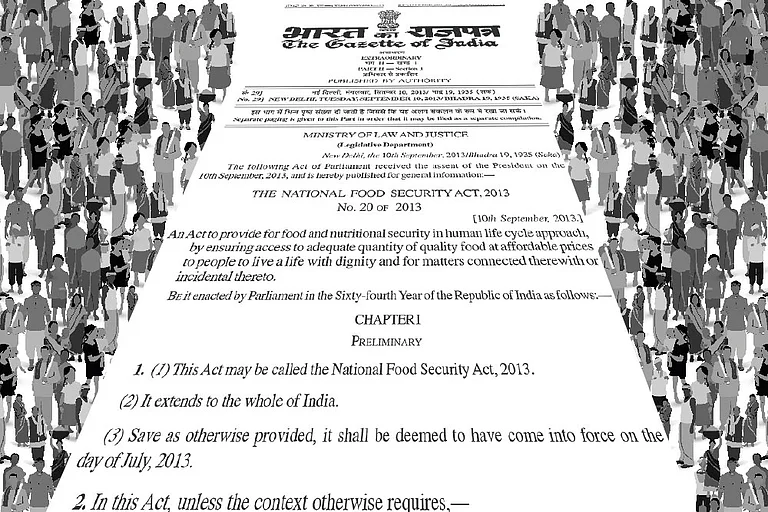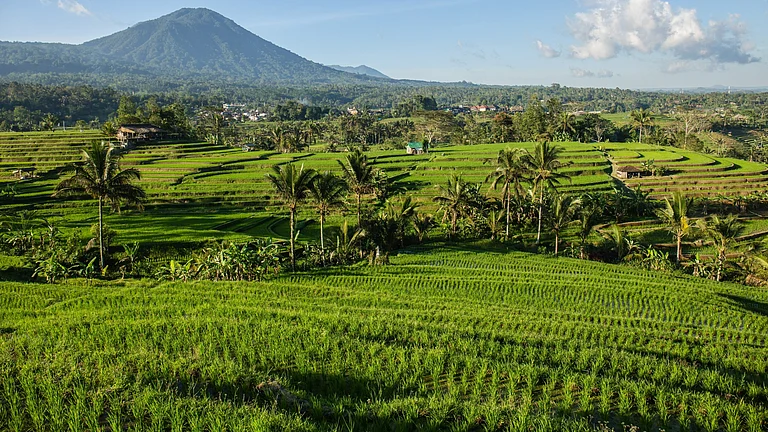The Indian government has decided to commence the long-delayed national census on March 1, 2027, after a 16-year gap. It has been decided to conduct the census in two phases, along with the enumeration of castes, the Ministry of Home Affairs said in a statement on Wednesday.
In India, the census generally takes place every 10 years. However, the 2021 census had to be abandoned because of the pandemic. The 2027 census, when it is held, will therefore be the first in 16 years.
The exercise will, however, be held by October 2026 in snow-bound states and union territories, such as Ladakh, Jammu and Kashmir, Himachal Pradesh, and Uttarakhand, the government said. The exercise will take about three years for the numbers to be finalised and released. The final data of the 2027 Census will be published around 2030, after the 2029 Lok Sabha elections.
The government’s decision to include caste enumeration in the upcoming census — a long-standing demand championed by the opposition — comes just months before a high-stakes Assembly election in Bihar. Over 63% of the state's population belongs to Extremely Backwards or Backwards Classes, making the move politically significant.
The last census was done in India in 2011 when the entire process of houselisting and enumeration was completed before the reference date of March 1, 2011. As the last census was postponed, the absence of updated demographic data has had profound implications.
A Decade of Policy Exclusion
As highlighted by Outlook Business in an earlier feature, "The Nowhere Men & Women," over 140mn citizens have been excluded from essential welfare programs like the public distribution system (PDS) due to reliance on outdated data from the 2011 census. This exclusion underscores the critical need for accurate and current population data to inform policy-making and resource allocation.
In the same feature, P.C. Mohanan, former acting chairman of the National Statistical Commission, pointed out when the Modi government opted out of the census that should have been conducted in 2021, it sent back the country’s policymaking by a decade. “We have a problem of data deficit in India. We do not have updated census and socio-economic caste-based census, National Consumption Survey and MSME Survey. Even our civil registration system of recording deaths and births is not robust, which leads to data gap or data deficit,” he added.
Echoing the same sentiment, Reetika Khera, a professor of economics at the Indian Institute of Technology, Delhi, dubbed the old census as the culprit behind the massive exclusion happening on the ground, adding that more than 100mn people are estimated to be excluded from the PDS.
However, the 2027 census aims to rectify this by providing detailed insights into the country's caste composition. This information is expected to inform more equitable policy decisions, particularly concerning affirmative action and resource distribution.

































